Environmental Impact Of Meat
Our meat consumption habits take a serious toll on the environment. Meat and global warming.
 The Environmental Impact Of Meat Explained Simply Eco Peanut
The Environmental Impact Of Meat Explained Simply Eco Peanut
Biodiversity and ecosystems and human systems eg.

Environmental impact of meat. The past half century has seen marked growth in food production allowing for a dramatic decrease in the proportion of the worlds people that are hungry despite a. You can lessen your environmental impact by opting for beans instead of beef and every time you do you make a difference. Sheep are ruminant mammals which means they release methane in their belches and waste.
Climate-related risks for natural eg. Today humans use more than one-quarter of Earths land surface for meat production. The Environmental Impact of Meat Consumption Animal meat production is associated with pollution via fossil fuel animal methane liquid waste and sewage discharged into rivers and seas.
By Bryan Walsh Dec. Environmental impact of meat. What Is the Impact of Meat on the Environment.
The environmental impact that meat consumption has had on the world is only expected to increase in the next coming years. There is a huge array of factors involved in the environmental impacts of eating meat. The world is currently going through a sixth mass extinction and meat production is one of the top causes.
The consumption of different types of meat and meat products has substantial effects on peoples health and livestock production can have major negative effects on the. Meat production represents humankinds single largest impact on natural landscapes. The use of grain soy and corn as feed is much less efficient than if they were to be consumed directly by humans.
Meat consumption enjoys a significantly low reputation since statistics on social and other media blamed meat for more than 50 of greenhouse gas emissions. Environmental assessment of 50 different plant-based meats show them to be vastly more sustainable. The fact that livestock alone is said to account for the lions share of global greenhouse gas emissions piqued my interest.
Greger may be referring watch the above video. Below is an approximation of this videos audio content. In other words 340 times less than rearing farm animals.
Meat and the Environment Raising animals for food requires massive amounts of land food energy and water and causes immense animal suffering. Eating meat has dire consequences for the planet says report. Hydraulic fracturing for natural gas which is another extremely damaging human activity consumes 100 billion gallons of water per year in US.
Methane in the burps and farts of cattle and other livestock animals accounts for. And the spread of pasture for cattle and other domesticated animals continues to threaten many endangered species including mountain gorillas and yellow-eyes penguins. Using plant products to feed livestock requires large amounts of land use and leads to deforestation.
According to the Environmental Working Group EWG the production processing. The Environmental Impacts of Plant-Based Meat Substitutes. Health livelihoods food security water supply and economic growth increase with global warming Food production is responsible for up to 30 of global greenhouse gas GHG emissions Vermeulen et al 2012 Willett et al 2019.
The environmental impacts of eating meat Vegetarianism is on the rise in the UK and across the world. Meat production contributes significantly to greenhouse gas emissions and climate change. So every time we eat a pound of meat product we are at the same time consuming quite a lot of water.
Livestock including poultry accounts for about 145 percent of greenhouse gas emissions. Even before beginning its journey to our supermarkets lamb produces an average of 2044 kg of C02 emissions per kg of product. More than 5 of the UKs population is vegetarian and the Vegan Society estimates that there are considerably more than half a million vegans in the UK.
Livestock production may have a bigger impact on the planet than anything else. The Triple Whopper Environmental Impact of Global Meat Production. The results showed that production of 1000 kg cultured meat requires 2633 GJ energy 367521 m3 water 190230 m2 land and emits 19002240 kg CO2-eq GHG emissions.
A new study shows how the effects vary from country to country and points the way toward a more sustainable future. To see any graphs charts graphics images and quotes to which Dr. To feed a growing global population and curtail climate change scientists say we need to radically change our food systems.
This is a huge increase on the 150000 following a plant-based diet in 2006. Methane is per unit the most harmful of greenhouse gases and even more damaging than carbon dioxide. Every time you scan a barcode at a grocery store or order off a menu you are telling the decision-makers of the world More of this please.
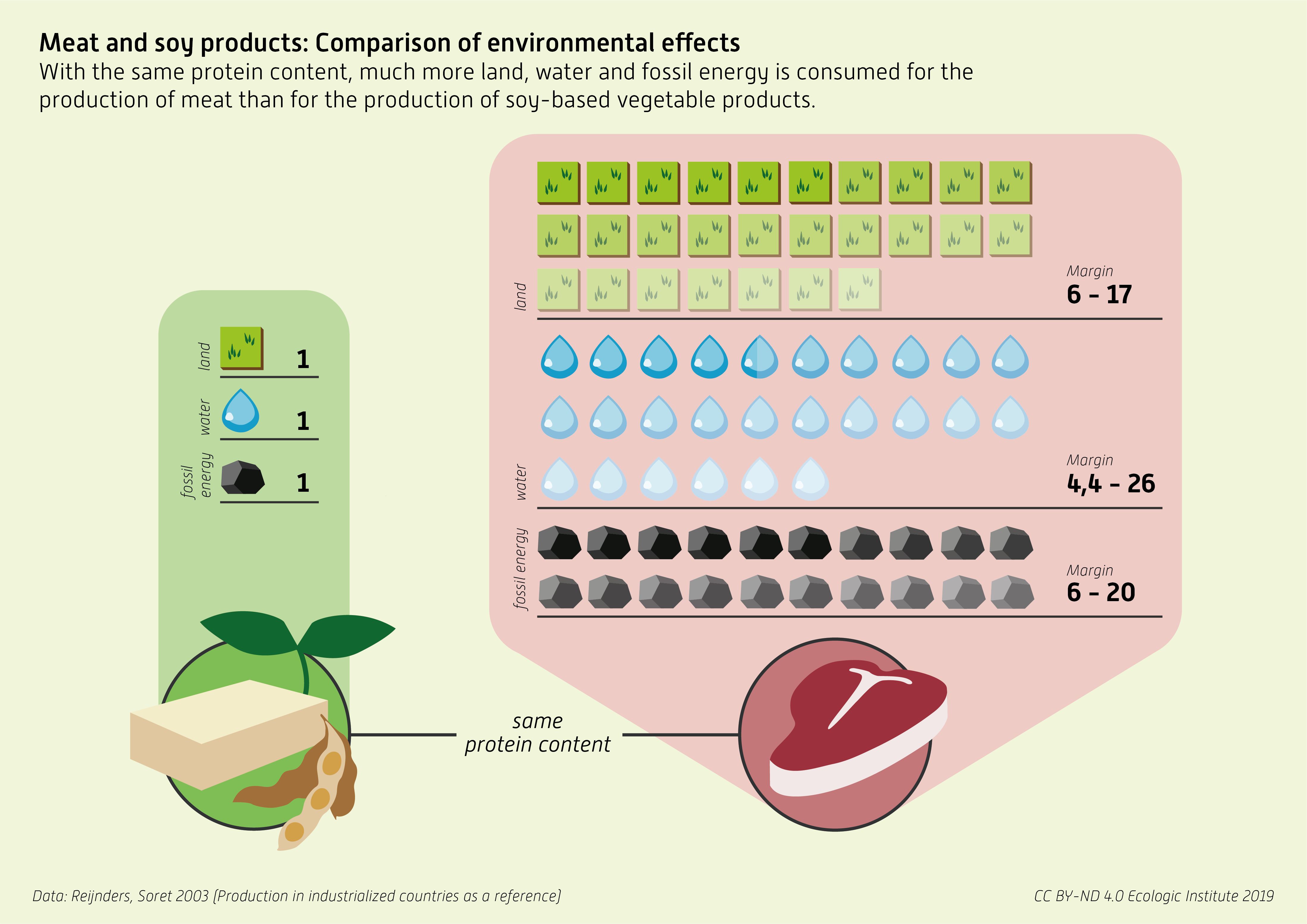 Meat And Soy Products Comparison Of Environmental Effects Ecologic Institute
Meat And Soy Products Comparison Of Environmental Effects Ecologic Institute
 On The Impact Of Meat Consumption On The Environment And My Incapability Of Not Eating Chicken Steemit
On The Impact Of Meat Consumption On The Environment And My Incapability Of Not Eating Chicken Steemit
Environmental Impacts Of Meat And Dairy Production
 11 Environmental Impact Of Meat And Dairy Production Ideas Going Vegan Happy Kitchen Vegan Life
11 Environmental Impact Of Meat And Dairy Production Ideas Going Vegan Happy Kitchen Vegan Life
 Understanding The Environmental Impact Of Meat In 4 Minutes Slow Food International
Understanding The Environmental Impact Of Meat In 4 Minutes Slow Food International
 How Much Would Giving Up Meat Help The Environment The Economist
How Much Would Giving Up Meat Help The Environment The Economist
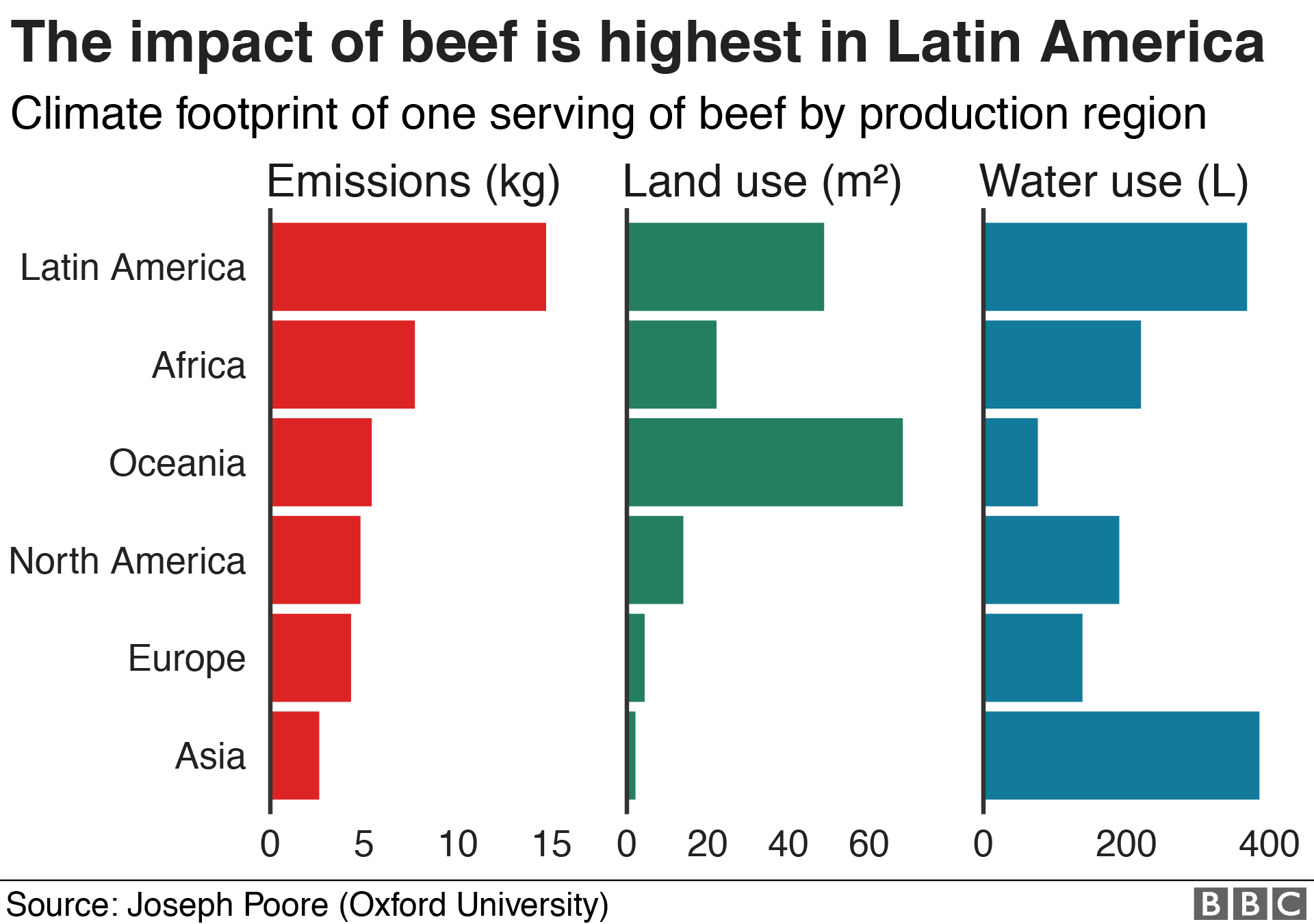 Climate Change Food Calculator What S Your Diet S Carbon Footprint Bbc News
Climate Change Food Calculator What S Your Diet S Carbon Footprint Bbc News
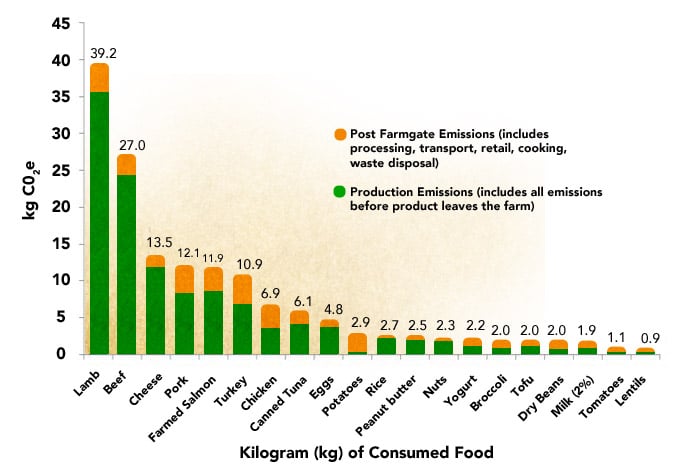 The Impacts 2011 Meat Eaters Guide Meat Eater S Guide To Climate Change Health Environmental Working Group
The Impacts 2011 Meat Eaters Guide Meat Eater S Guide To Climate Change Health Environmental Working Group
 The Environmental Impact Of Meat Explained Simply Eco Peanut
The Environmental Impact Of Meat Explained Simply Eco Peanut
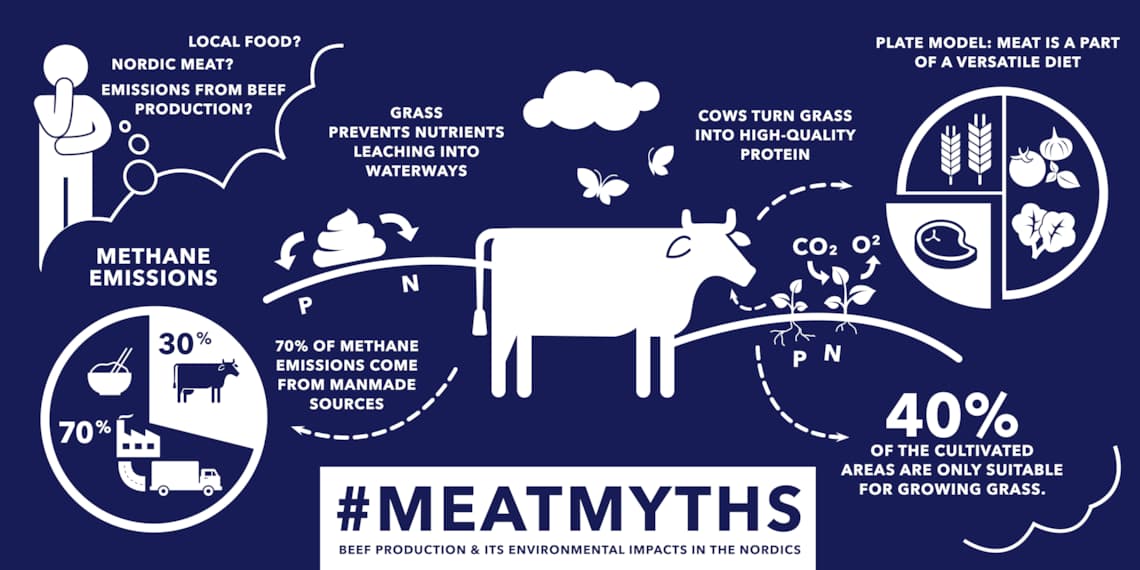 Busting Meatmyths Is Beef Production Really A Major Threat To The Environment
Busting Meatmyths Is Beef Production Really A Major Threat To The Environment
 Meat Consumption Health And The Environment Science
Meat Consumption Health And The Environment Science
 Communicating The Environmental Impact Of Meat Production Faunalytics
Communicating The Environmental Impact Of Meat Production Faunalytics
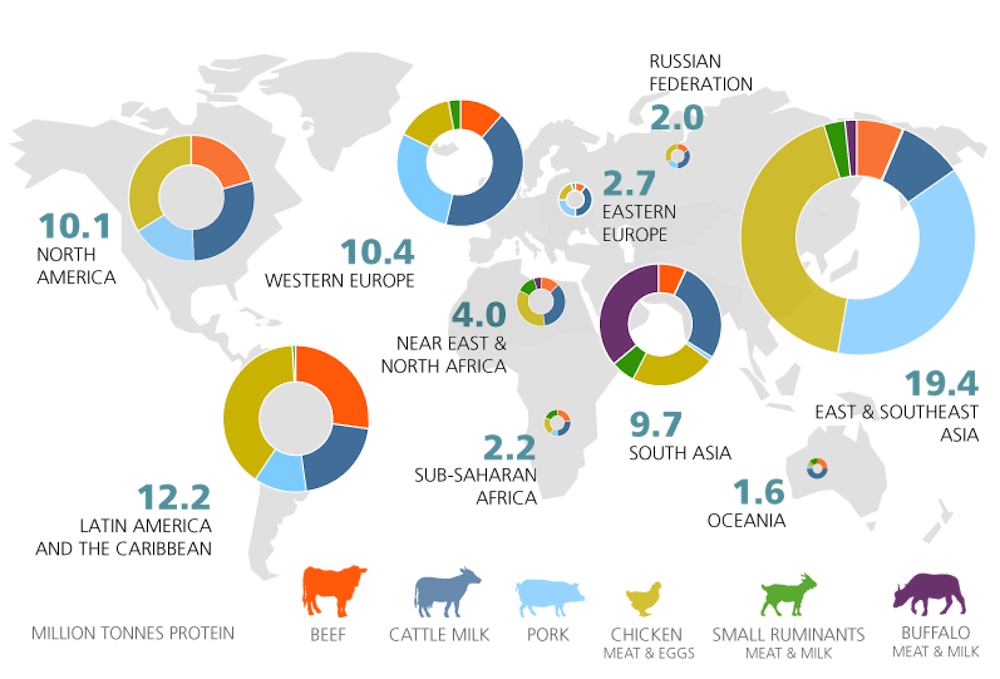 Yes Eating Meat Affects The Environment But Cows Are Not Killing The Climate
Yes Eating Meat Affects The Environment But Cows Are Not Killing The Climate
 Key Food Groups And Food Items Contributing To The Environmental Impact Download Scientific Diagram
Key Food Groups And Food Items Contributing To The Environmental Impact Download Scientific Diagram
Comments
Post a Comment